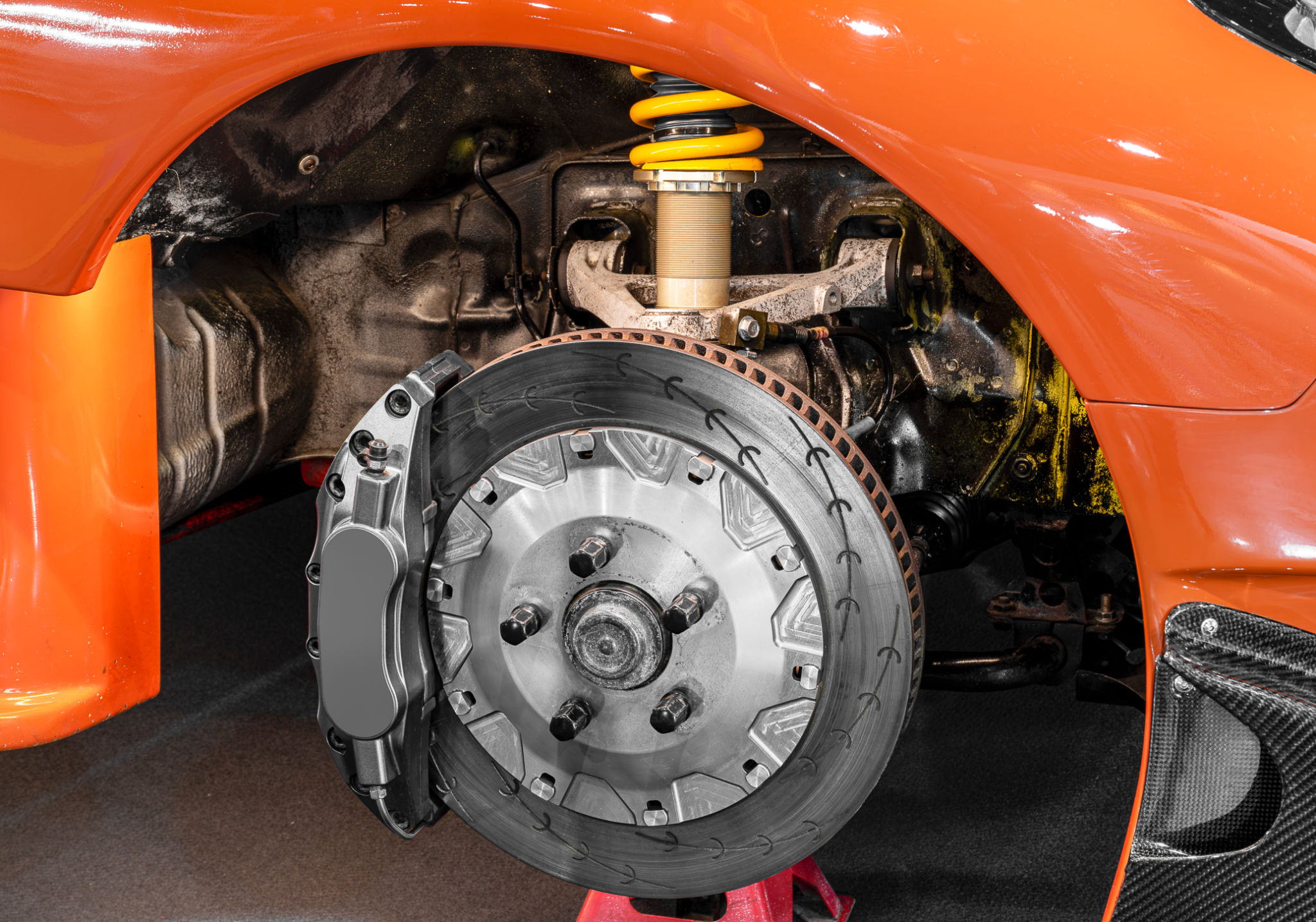Case Study: Successful Automotive Component Customization Projects
Introduction to Automotive Component Customization
Automotive component customization has become a pivotal aspect of enhancing vehicle performance and aesthetic appeal. With technological advancements and changing consumer demands, more automotive manufacturers are turning to customized components to differentiate their products in the competitive market.

Customization projects can range from simple aesthetic modifications to advanced engineering overhauls. This blog post explores successful case studies, showcasing how customization can lead to improved performance and customer satisfaction.
Case Study: Engine Optimization
One of the most sought-after customizations in the automotive industry is engine optimization. A leading car manufacturer recently undertook a project to enhance the power and efficiency of their latest model's engine. By integrating advanced turbocharging technologies and fine-tuning the electronic control systems, the manufacturer achieved a remarkable 20% increase in horsepower.
The project not only improved the vehicle's performance but also contributed to better fuel efficiency, appealing to eco-conscious consumers. This case study highlights the importance of precision engineering and innovation in component customization.

Case Study: Interior Customization
Another successful project involved the customization of vehicle interiors. A luxury car brand focused on creating bespoke interiors tailored to individual customer preferences. By offering a range of premium materials, colors, and designs, they allowed customers to personalize every aspect of their vehicle's interior.
This initiative led to a significant increase in customer engagement and satisfaction. The company reported a 30% rise in sales for models offering customizable interiors, demonstrating the power of personalization in enhancing brand loyalty.

Case Study: Advanced Suspension Systems
In the realm of performance, customizing suspension systems has proven highly effective. A sports car manufacturer introduced a project to develop an advanced suspension system that adapts to different driving conditions. The system uses sensors and electronic controls to provide real-time adjustments, offering drivers an unparalleled experience.
The project not only boosted the vehicle's handling and comfort but also positioned the brand as a leader in innovation. This case study emphasizes the role of cutting-edge technology in achieving successful customization outcomes.

Conclusion
The case studies discussed highlight the diverse possibilities within automotive component customization. Whether it's enhancing engine performance, creating luxurious interiors, or developing advanced suspension systems, customization projects can significantly impact a brand's success.
As consumer demands continue to evolve, and technology progresses, the automotive industry is likely to see even more groundbreaking customization projects. These initiatives not only offer practical benefits but also help build stronger connections with customers, ultimately driving business growth.
